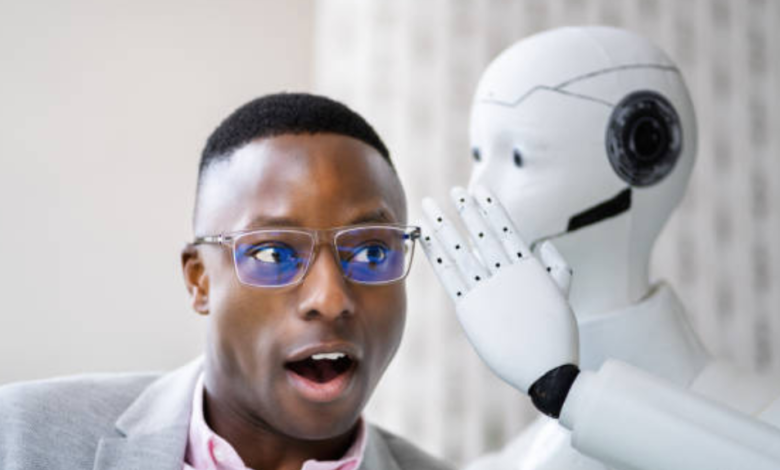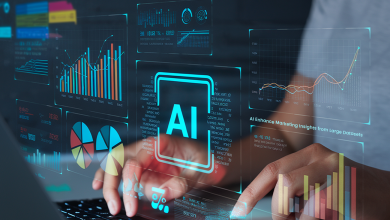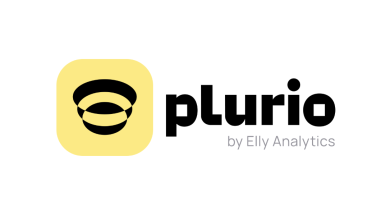
This December, news and social media feeds were littered with AI-generated musings, portraits, and attempted essays. The sudden virality of computer-created content is further evidence that artificial intelligence has staying power on social media, following trends such as face swap filters and those voice modifiers that made everyone’s TikToks sound like they’re narrated by a wacky cartoon character.
So what’s the end game? Will artificially-generated content (AGC) overtake user-generated content (UGC) on our feeds?
I think the answer is a definite “no”.
My reasoning is simple but powerful: as Elon Musk’s cringe-inducing attempts at humorous tweets remind us over and over, it is very, very difficult to fake being funny.
Comedy is based on experience
AI is good at a variety of things. The technology is excellent at accelerating content creation and can amplify the impact of existing content, making posts catchier or more aesthetically pleasing. Instagram influencers use these tools on a daily basis to enhance their social media pages with a view to boosting followers, and now the recent hype surrounding ChatGPT is generating some pushback on the idea that AI can’t be funny – after all, if technology can convincingly converse, why wouldn’t cracking jokes be the logical next step?
However, comedy is not conversation. By definition, the comedy that resonates the most with people is relatable – it’s authentic, it’s storytelling, and the laughs erupt from a personal connection alongside an understanding of the audience at hand. Even if the audience hasn’t personally experienced the funny story, a good comedian will enable them to imagine themselves there. It is that lived experience, whether real or imagined, that separates the best comedians from the hacks, and will prevent AI from edging out humans when it comes to making people laugh.
Comedy has nuance
The humour in jokes comes from connection, yes, but skilled comedians (and amateur funny people on the internet) understand how to make that connection. A joke’s set-up, nuances, or the way it subverts expectations is what gets the laughs, and sometimes a great joke lands because it breaks the rules. At this stage, AI can’t comfortably play this game. Artificially-generated humour is based on logic, structure, and formula, rather than opportunistic observations or experience of “in the moment” quips.
Taking this further, the element of surprise is often the “drop” that differentiates a joke from a story – after all, that’s why we call the funny bit the “punch” line. For instance, funny folks rely on using words with double meanings, mockery, blatant lack of logic, or they derive value from emotion or shock, aiming to elicit reactions like, “How could they say that?!” or “Oh, that is so ME.” AI can recognise words with double meanings, but the other techniques rely on a blend of connection and nuance that is out of robots’ reach – for now.
When AI is funny, it requires a human setup or command to deliver. Jokes sourced from databases tend to be tired – we’ve all experienced the childish excitement of shouting “Hey [insert digital assistant name here], tell me a joke” to our latest home device, only to be disappointed when it returns a flat, lacklustre response (and if you are among the few that haven’t yet, try asking Alexa to tell you a “yo mama” joke for confirmation). In fact, there’s a high chance that the “funny” AI-generated jokes are simply the outdated pieces of humour from past ages.
But what about the memes?
Memes, of course, are a staple of online comedy, and they are currently immune to the powers of artificial intelligence. Typically, memes follow two types of humour – observational/satire and absurdist – and appear in the format of an image (or GIF) and caption (although in recent years, they have expanded to also take the form of short videos). While generating captions on demand may sound like a trivial task, it requires human guidance, based on the types of humour supporting the funniest memes. AI may be capable of choosing a suitable image and caption combination, but if robots run the whole process, it will result in banal phrases attempting to entertain, wrapped up as memes, with boring results.
While it’s certainly intriguing for us to explore and dissect how AI could shape future content writing, it’s perhaps more realistic for now to continue to frame the technology as an assistive tool, as opposed to one that displaces content creators. AI may be able to help get topics started, clear the fog or initial writer’s block, and generate top level subjects capable of informing or inspiring human creation and thought, but, the technology is still regurgitating and repackaging existing content and is trapped within the boundaries of logic and predictability. These constraints mean AI will never replace or realistically, even come close to cracking us up, because comedy is original and AI, by definition, is not.




